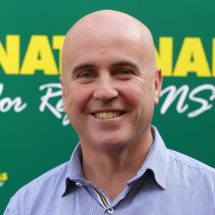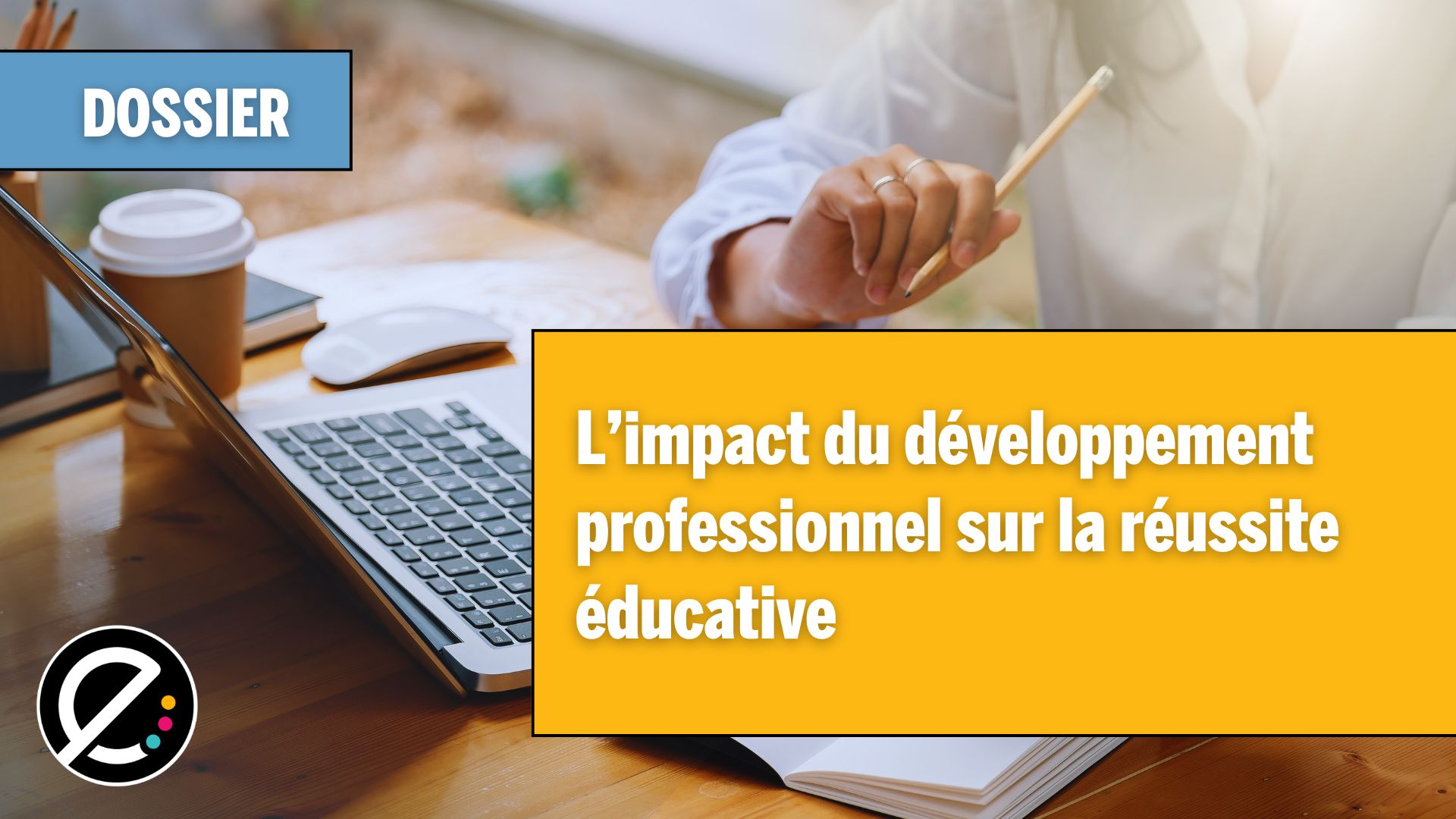Dans ce dernier épisode de l’année, les Rendez-vous pédagogiques de l’École branchée font une petite incursion dans le monde de la politique. On s’entretient avec Adrian Piccoli, ministre de l’Éducation de Nouvelle-Galles du Sud, en Australie.
Les « Rendez-vous pédagogiques de l’École branchée » sont des entretiens en baladodiffusion avec des acteurs du milieu scolaire d’ici et d’ailleurs. Dans ce dernier épisode de la saison, notre collaborateur (et idéateur du concept) Marc-André Girard s’entretient avec M. Adrian Piccoli (@PiccoliMP), ministre de l’Éducation de la province Nouvelle-Galles du Sud, en Australie, qu’il a eu la chance de rencontrer à l’occasion de sa participation au sommet uLead, en avril 2016. L’entretien est en anglais, mais en voici un résumé.
La province de Nouvelle-Galles du Sud (New South Wales) compte environ 8 millions d’habitants. Sa capitale est Sydney. Son ministre de l’Éducation, M. Adrian Piccoli, est en poste depuis 5 ans. Il possède un bagage professionnel en droit et économie. À son avis, il n’est pas nécessaire d’avoir un passé d’enseignant ou de directeur d’école pour être efficace dans un poste de ministre de l’Éducation. Même qu’un ministre ayant un tel bagage arriverait peut-être avec des idées préconçues sur le milieu. En effet, il rappelle que son rôle est avant tout politique, et qu’il doit avant tout être un bon conseiller. Pour y parvenir, il juge essentiel de tenir compte de l’avis d’experts du domaine, notamment des enseignants et des directions d’école, via leurs associations et leurs syndicats. Ce sont eux, après tout, qui vivent le système au quotidien. Bien sûr, il faut ensuite tester ces idées et obtenir l’approbation avant de les implanter.
Dans l’univers politique, cinq ans en tant que ministre de l’Éducation, cela paraît une éternité! M. Piccoli attribue sa longévité à l’importance de développer une culture de confiance entre les enseignants, les directions d’écoles et le Ministère. « On leur demande ce dont ils ont besoin plutôt que leur dire quoi faire », résume-t-il.
Pour lui, l’un des avantages d’être là depuis de 5 ans est d’avoir pu établir un chemin et de le mener à bien, ce qui n’est pas possible quand il y a trop de changement. Il explique : « Il faut beaucoup de temps pour implanter un changement. C’est cette longévité au ministère qui permet le développement d’un climat de confiance, et c’est cette confiance qui permet d’avancer. »
Questions en rafale…
Comment se passe l’intégration de la technologie dans vos écoles?
« Nous sommes présentement en grande réflexion pour déterminer ce qui est une utilisation juste et quelles sont les limites de la technologie. Le but n’étant pas de donner aux élèves ce qu’ils veulent, mais bien d’intégrer les bons outils pour soutenir efficacement les compétences essentielles. Aussi, il faut s’assurer que la pédagogie change en ce sens, sinon les outils technologiques sont inutiles. »
Comment se passe l’intégration des élèves à besoins particuliers?
« Autant que possible, ils sont intégrés aux classes régulières. Le ministère s’assure alors de donner le soutien qu’il faut aux écoles. Notre culture veut effectivement qu’on les intègre le plus possible au système régulier pour favoriser leur développement social. »
Comment se passe le recrutement de candidats de qualité pour devenir enseignants?
« Il y a 5 ans, il n’y avait pas de critères d’admission au programme de formation en enseignement. C’était probablement un problème. Maintenant, les candidats doivent avoir une haute moyenne générale, et d’excellentes notes en anglais (langue maternelle). Ceci a redonné un certain prestige à la profession, un peu comme pour le droit ou la médecine. On voit de plus en plus de candidats très performants choisir l’enseignement. Nous avons aussi de hauts critères pour la diplomation. »
Qu’est-ce que votre système pourrait enseigner aux autres systèmes?
« Nous avons beaucoup en commun avec le Canada, on a d’ailleurs exploré et appris de vos façons de faire. Chez nous, l‘avantage est que nous n’avons pas de commissions scolaires. Tout tourne autour de 3 systèmes : le public (2200 écoles), le système catholique (300 écoles) et le système privé, les deux premiers regroupant environ 85 % des élèves. Grâce à cela, il est plus facile de distribuer les postes de façon équitable aux enseignants, par exemple. Il est également plus facile d’allouer les ressources financières selon les caractéristiques socioéconomiques des milieux pour favoriser l’égalité des chances. »
Quel avis donneriez-vous à un nouveau ministre qui entre en poste pour durer?
« Mettre tous les efforts possibles pour construire un climat de confiance avec les acteurs du milieu, qu’ils soient enseignants, directeurs, syndicats ou associations. Il faut à tout prix éviter de critiquer la profession. Bien sûr, tous les enseignants ne seront pas d’accord avec tout ce que vous ferez, mais il faut en tout temps demander leur avis et en tenir compte, travailler de concert avec eux. Aussi, je recommande d’éviter les grandes annonces surprises : informez toujours les acteurs clés avant de faire une sortie médiatique, par exemple. »
 Bâtir et maintenir la confiance pour assurer la stabilité politique en éducation
Bâtir et maintenir la confiance pour assurer la stabilité politique en éducation
Marc-André Girard s’entretient avec Adrian Piccoli
Ministre de l’Éducation de New South Wales, Australie
Télécharger (format .mp3)
Psst!
La baladodiffusion peut être téléchargée comme on télécharge un morceau de musique, puis écoutée dans la voiture, par exemple, en se rendant au travail le matin ou au retour à la maison!
– –
Résumé et traduction par Audrey Miller






